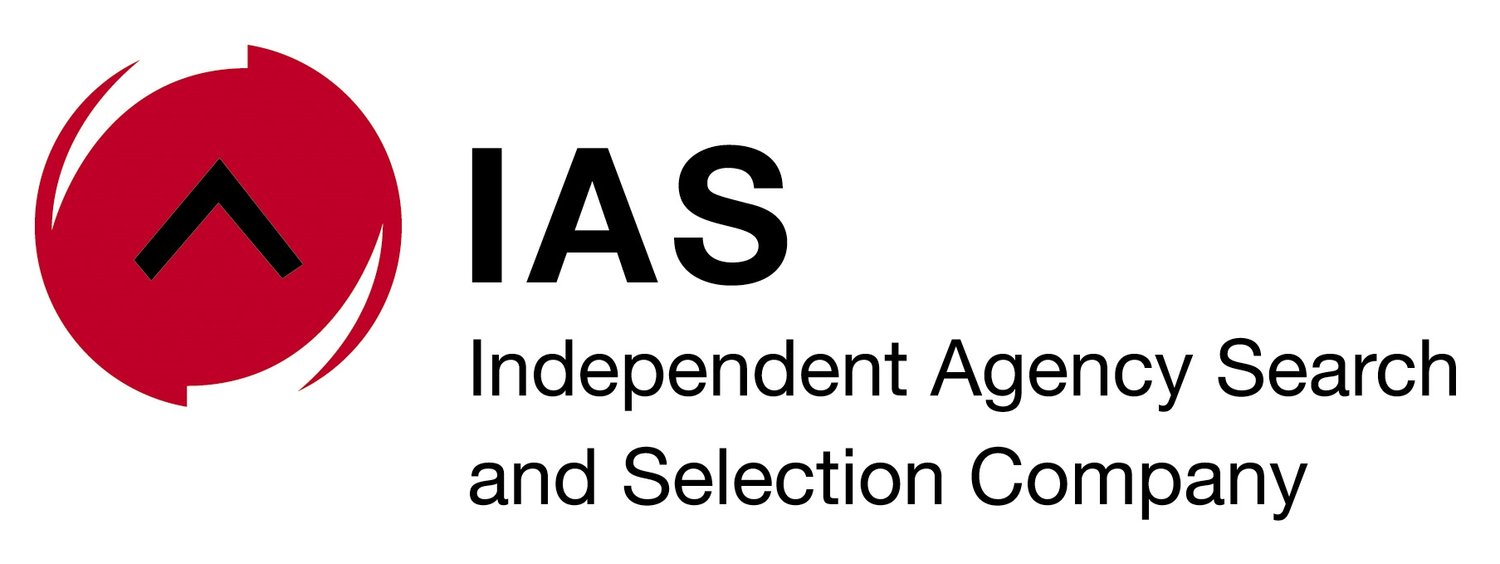Budgets are tight, and rumours of a recession circulating. Which, of course, means marketing, media and advertising budgets will come under pressure.
To reassure clients their money is being well spent, their campaigns are effective and their return on investment is positive, media assurance auditing will play an increasingly important role.
A recent partnership between South Africa’s Independent Agency Search and Selection Company and Eley Consulting in the UK offers campaign effectiveness analysis by facilitating independent scrutiny of media expenditure. The system is designed to review all areas of a brand’s expenditure across all platforms. Ultimately, it helps markets and media agencies to assess best practice, good governance and compliance.
Eley consultant Richard Edwards says it is difficult to generalise about agency capabilities in a market or region. “As far as their specific knowledge of media audits is concerned, it is fair to say that South African agencies are not as accustomed to being audited as agencies in other regions – particularly Europe, where media auditing is most prevalent,” he says.
“However, it could also be argued that this is a positive thing – agency/auditor relations have become fairly combative in many markets, with big clients focusing heavily on price and pitching their business on a regular basis, aided (some would say egged on) by the big audit firms,” he adds.
Edwards believes South African agencies are less suspicious of auditors and more open to developing a constructive relationship with them.
“At Eley+ we would argue that this suits our style of auditing – we are keen to engage with agencies in three-way partnerships along with their clients and, wherever possible, add genuine value through the entire media cycle, from strategy to buying, rather than simply tick boxes,” he explains.
“This may well be one reason why the larger audit firms have never made real inroads into the South African market – they simply don’t have the patience to engage with a market in which client/agency relationships are often close and long-standing, and auditors need to take time to understand their clients business and work out how they can offer constructive services that benefit all parties.”
Pace of change
Edwards admits media audits have struggled to keep up with the pace of change. “Media auditing is still heavily wedded to an analogue and TV-centric media world and auditors have struggled to develop products that genuinely help clients optimise their digital media investments,” he says.
“Media auditor’s service offerings are dominated by pitches these days – clients pitch their business, elicit media guarantees from their agency and then measure these over (typically) a three year period. This means that media price and quality is generally managed on a year-on-year tracking basis – you compare the current year to a baseline and produce a savings number that is almost exclusively designed to deliver the requirements of big procurement departments (and drive their bonuses). This is a problem for auditors because, while it is relatively easy to measure TV price YoY, it is much more difficult to do so in a fragmented, programmatic digital world. Hence, a lot of dodgy media maths!”
Still, as a boutique consultancy, Eley+ recommends more complex products to clients, particularly in the digital space. “We believe that this approach, which usually appeals more to media and marketing teams than procurement specialists, ultimately drives greater return on media investment,” Edwards says.
In terms of frequency, those running audits for the first time should consider undertaking them on a half-yearly basis for the first year, moving to annual audits after that. “We would argue that audit timing is the most important factor – our audits work best when they are timed to feed into the next year’s planning process – hence, a client might ask us to look at an 18-month period up until the half year (June) with a report delivered in early September that is designed as one of the kick off meetings for the next year’s planning process.”
The pitfalls
Edwards underscores the major pitfalls of not having an audit framework in place. “If you don’t measure it then you can’t control it. Simple. And no one should be marking their own homework – agencies will always give themselves top marks when producing PCRs for their clients,” he explains. “It is also fair to say that agency teams are concerned with the future – new ideas, the future planning process etc… auditors are much better placed to carefully and methodically analyse previous campaigns in order to generate learnings that can be fed into the planning process.”
The biggest risk in the digital space is the reduction in the share of media spend focussed purely on working media, Edwards says. “There are so many different agencies, tech platforms etc.. between client and media owner these days, all of whom are taking their cut, that you can get to a ridiculous situation where less than half (50%) of total budget is actually spent on working media (eyeballs). For reference, circa 90% of media budget is spent on eyeballs when you put your money into linear TV (in any market).”
On the brand side of the equation, businesses often use auditors to help them find a media agency – usually via a formal pitch. “Once they have chosen an agency they will then typically bring the auditor in to assess the efficacy of the agency’s work. The auditor will typically be heavily involved in ensuring that the client’s contract with their agency is comprehensive and fit for purpose,” says Edwards, adding that the total media audit market is growing, which suggests that brands are generally more likely to use auditors these days than they ever have been. Again, this differs by region/market.
Read this article online here
You may also be interested in MEDIA ASSURANCE: DATA-BASED MAP OF HOW YOUR BUDGET WORKS FOR YOU

